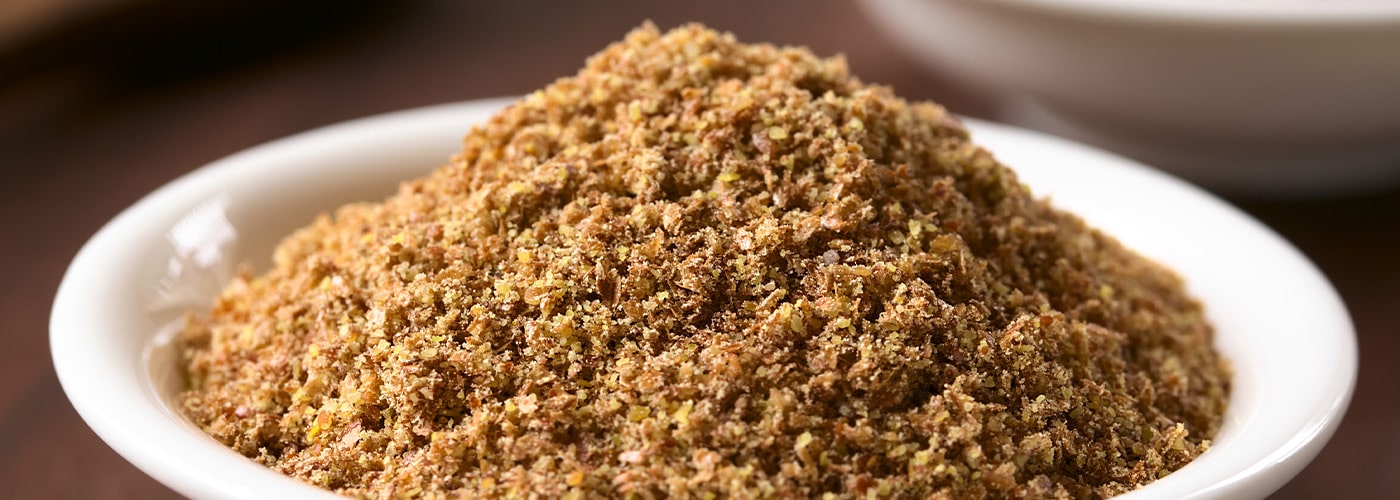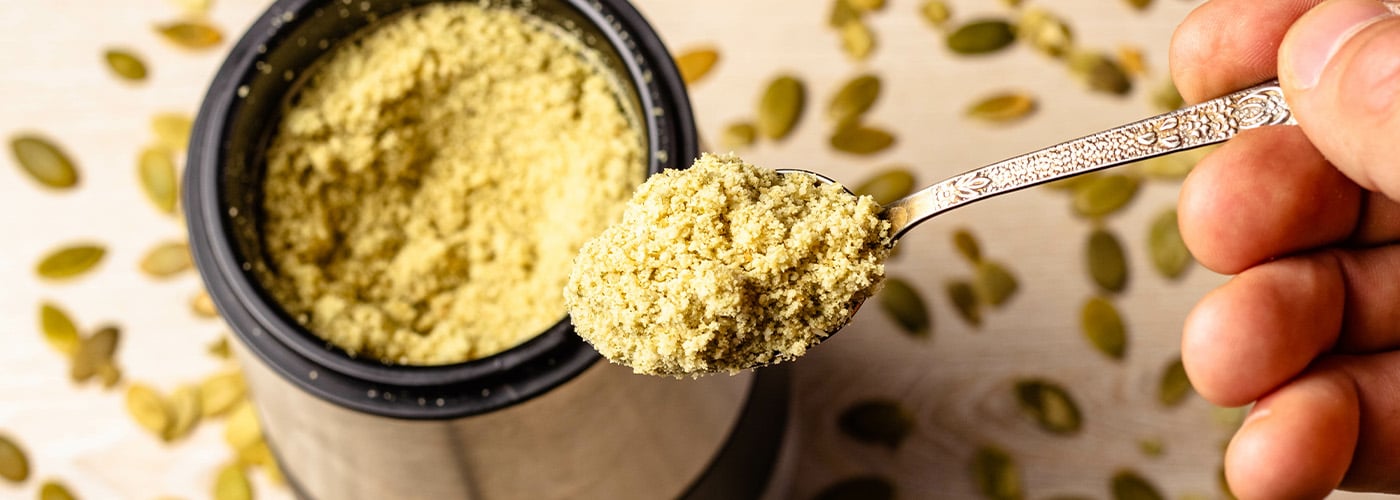Seed Cycling for Hormone Balance
Improve your mood, energy and fertility health
Seed cycling has gained popularity as a natural remedy for hormonal imbalances and menstrual irregularities. By leveraging the nutritional properties of specific seeds, this practice aims to regulate hormone levels throughout the menstrual cycle, providing women with a gentle and sustainable solution for hormonal balance.
Discover what seed cycling is, how it works and the many health benefits it offers. Learn how you can effectively balance your hormones and alleviate uncomfortable menstrual symptoms using simple seeds found in your kitchen cupboard.

What is seed cycling?
Seed cycling involves consuming specific seeds during different phases of the menstrual cycle to support hormonal balance. The protocol typically consists of two phases: the follicular phase (days 1 – 14 of your cycle) and the luteal phase (days 15 – 28 of your cycle). During each phase, different seeds are recommended to help regulate oestrogen and progesterone levels.
How seed cycling works
Follicular Phase (Days 1 – 14):
During the first half of the menstrual cycle, seeds rich in lignans and phytoestrogens, such as flaxseeds and pumpkin seeds, are recommended. These seeds help promote oestrogen production, supporting the growth of the uterine lining and follicle development.
Luteal Phase (Days 15 – 28):
In the second half of the cycle, seeds high in omega-3 fatty acids and zinc, such as sesame seeds and sunflower seeds, are recommended. These seeds help boost progesterone levels, supporting the maintenance of the uterine lining and preparing the body for potential implantation.

How seed cycling benefits female health
Balances hormones by providing the body with essential nutrients and phytochemicals to help regulate oestrogen and progesterone levels, reduce hormonal fluctuations and promote cycle regularity.
Relieves menstrual symptoms such as PMS, cramps and irregular periods.
Supports fertility and improves reproductive health by balancing hormones and regulating a woman’s cycle.
Enhances mood and energy levels. Balanced hormones contribute to improved mood and energy, resulting in an overall sense of well-being.
Healthy skin and hair. The omega-3 fatty acids found in seeds like flaxseeds and sesame seeds support healthy skin and hair by reducing inflammation and promoting collagen production.

Get started with seed cycling
To begin seed cycling, simply add the recommended seeds to your daily diet according to the phase of your menstrual cycle. Seeds can be easily incorporated into smoothies, salads, oatmeal or coconut yogurt, making them a convenient and versatile addition to any meal.
In the follicular phase, begin seed cycling on day 1 of your menstrual cycle. Consume 1 tbsp each of ground flax seeds and ground pumpkin seeds daily for two weeks until day 15, when the luteal phase begins. During the luteal phase, switch to 1 tbsp each of ground sesame seeds and ground sunflower seeds daily until your next period.
It’s essential to use raw, organic, high-quality seeds. Buy them in bulk from an organic wholefood retailer as this will be more cost-effective. Measure the seeds while whole, then grind them into a fine powder using a coffee grinder as it makes the seeds easier to digest. Only grind your seeds a few days in advance to preserve freshness, storing any excess powder in a glass container in the fridge or freezer. While pre-ground seeds (flax meal) are available for convenience, they may oxidise faster and lose nutritional value so it’s best to buy the whole seeds.

Balance your hormones with seeds
Seed cycling offers a natural and holistic approach to hormonal balance, providing women with a simple yet effective way to support their reproductive health and well-being. Whether you’re seeking relief from PMS, aiming to regulate your cycle, or hoping to support fertility, incorporating specific seeds into your diet according to the phases of your menstrual cycle offers a gentle and sustainable solution to balance hormones.
To learn more about nutrition and hormone health, see CNM’s Nutrition for Everyday Living Short course and Naturopathic Diet Mini Course.

